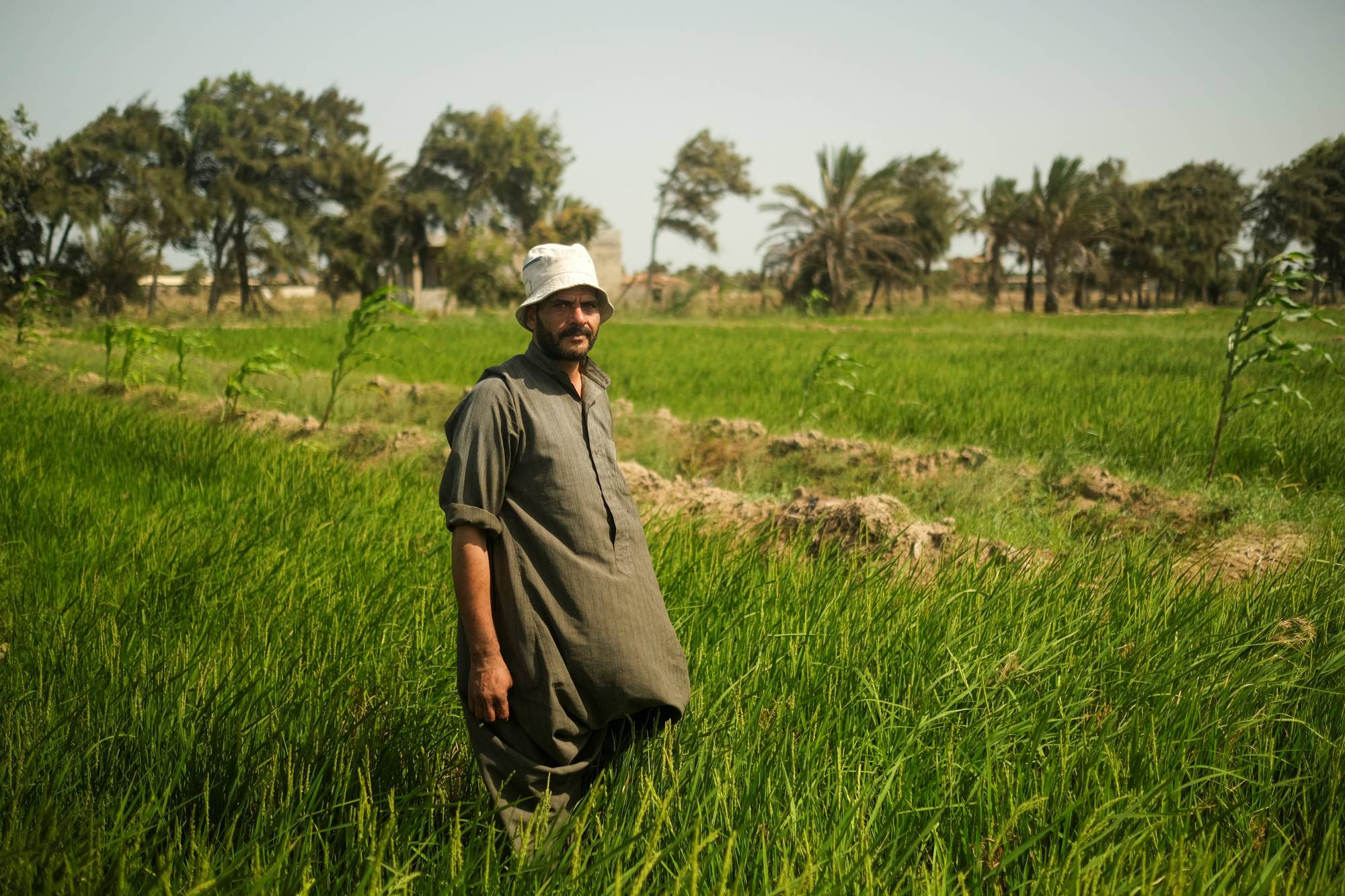Emad Attiah Ramadan has started planting rice on his 12-acre plot on the edge of the Egyptian city of Damietta, giving up on tomatoes that would no longer grow well in the increasingly saline soil near the Mediterranean coast.
Rice sells for less but the irrigation used to cultivate it helps cleanse the earth of salt, allowing it to grow, he said, picking wild grass from his soil and checking for signs of saline build-up.
Ramadan is one of tens of thousands of farmers racing to adapt to encroaching salinity in the Nile Delta, a densely populated and fertile triangle of green that fans out towards the sea north of Cairo and accounts for more than a third of Egypt's agricultural land.


















With your current subscription plan you can comment on stories. However, before writing your first comment, please create a display name in the Profile section of your subscriber account page.